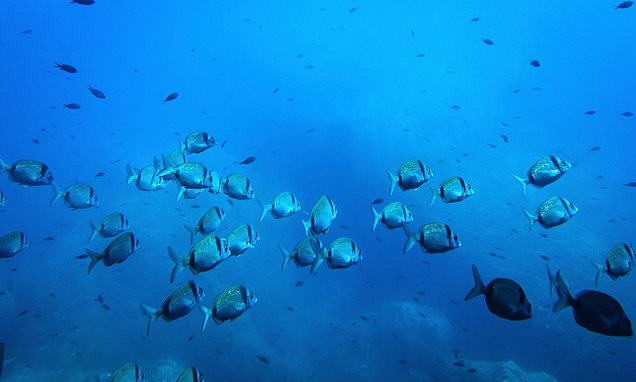Home / Environment / Deep-Sea Mining Threatens Vital Ocean Food Webs, Study Warns
Deep-Sea Mining Threatens Vital Ocean Food Webs, Study Warns
10 Nov
Summary
- Deep-sea mining could disrupt the ocean's "twilight zone" food web
- Waste from mining operations could mimic natural food particles, harming zooplankton
- Impacts on tiny organisms could ripple up the food chain, affecting commercial fisheries

As of November 2025, a new study published in the scientific journal Nature Communications has raised serious concerns about the potential environmental impact of deep-sea mining. The research, conducted by researchers at the University of Hawaii, examined the effects of waste from a deep-sea mining trial in the Pacific Ocean's "twilight zone" - an area 650 to 5,000 feet below the surface.
The researchers found that the excess seawater, ocean floor dirt, and sediment released back into the ocean during mining operations could create a murky plume of particles similar in size to the natural food sources consumed by tiny zooplankton. If these organisms mistake the mining waste for their normal diet, it could have a devastating impact on the delicate mid-water food web.
"If these organisms down at depth are no longer present because their food web has collapsed, then that can impact higher food webs and more commercial interests," warned Michael Dowd, the study's lead author and an oceanography graduate student.
The study's senior author, Brian Popp, noted that deep-sea mining could ultimately affect commercially important fish species like mahi mahi and tuna, which rely on the zooplankton and other small organisms in the "twilight zone" as a food source. While the full extent of the damage remains to be seen, experts agree that the long-term consequences of this emerging industry must be carefully assessed before it is allowed to expand.



